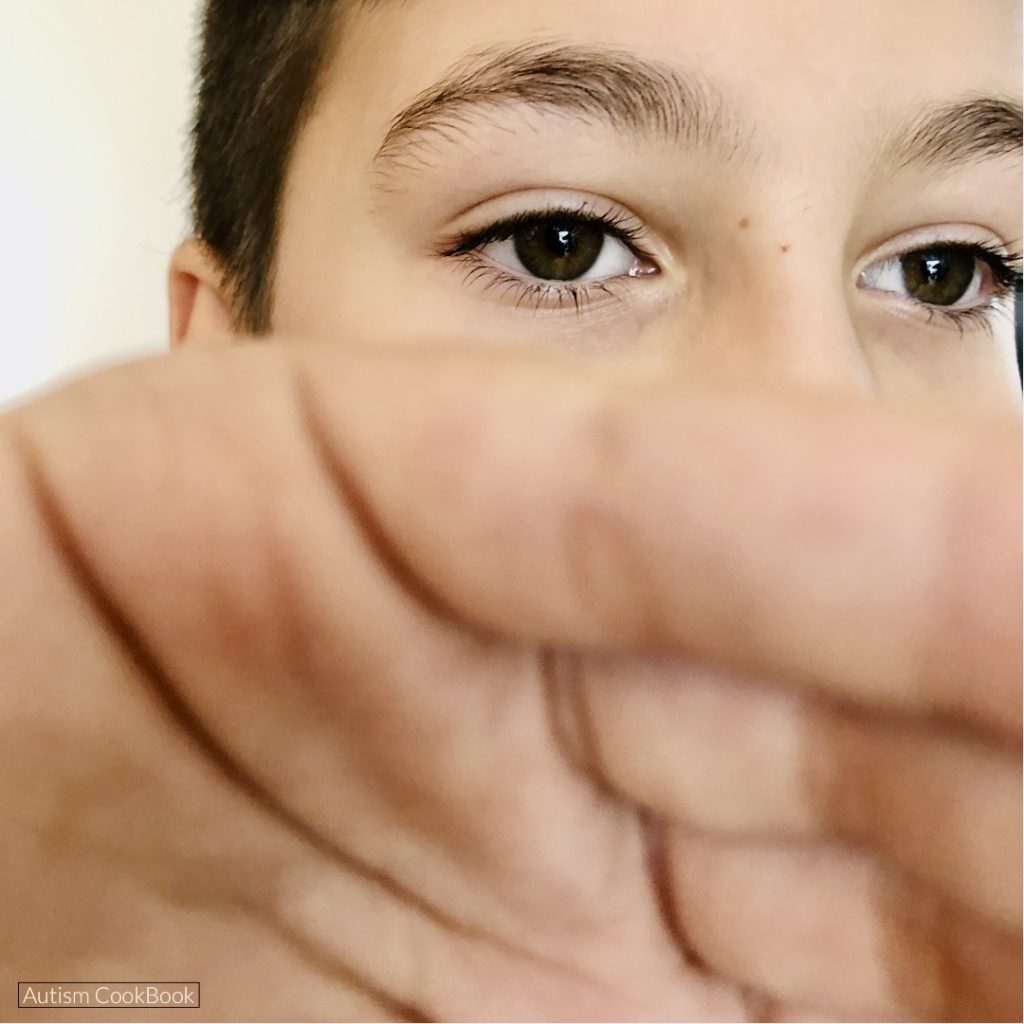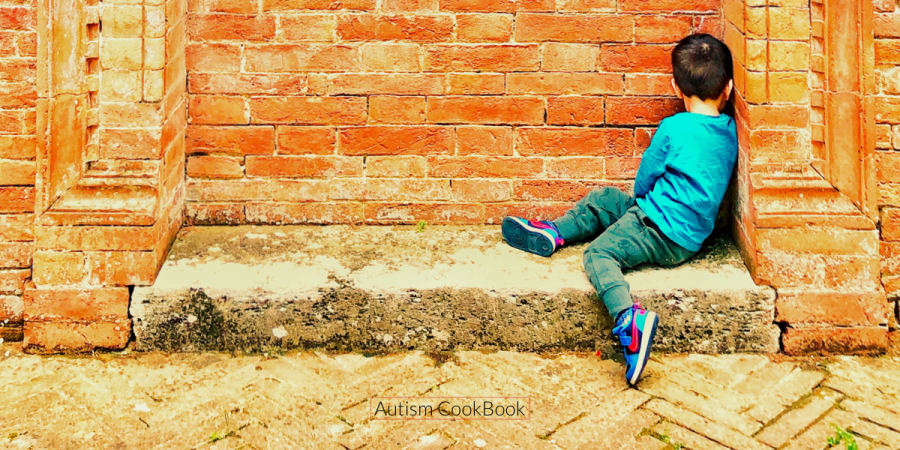Developing assertiveness means learning to trust in self. It means to rely on our feelings and to believe in the rightness of our choices. This stands for being confident and without any fear to express ourselves.
We cannot think that our task as parents is to replace any of our children’s aspects of their beings as humans individuals – actions, thoughts, feelings. We can only offer them the tools they need to live consciously. Who they are and what they want.
When the child does not like to be hugged or cuddled or does accept it only when their own initiative, it does not mean there is some kind of specific developmental issue hiding behind it. The sensory or behavioral problems could be one of several things which can be deducted from this joint attitude, for many people very unusual, unexpected, or even unacceptable way of acting.
Our body has its memory and also carries invisible signs on itself. It is no coincidence that in the first months of life, pediatricians advise the parents to make the child feel their physical presence through contact, caresses, hugs. In this way, the child can have a positive experience of his own body, grow up feeling loved and protected, and at the same time develop self-confidence and trust in others.
However, an excess of physical contact, prolonged over time, can have opposite consequences that can be found in the future adult: escape from physical contact.
Physical, bodily, and emotional boundaries – that need to be developed to serve as a detection tool and a protections shield against any form of physical violence and psychological aggression.
This ability to identify and avoid potential threats of any assault related mostly to our affective sphere is a crucial skill that works in cooperation with our assertiveness. ‘NO’ means knowing what is putting you in an uncomfortable situation or in a position you can not accept according to your feelings, ethics, morality and beliefs.
So what is so important in this topic – they need to learn to know their body boundary and consequently to respect it and make it respected by others. If they feel that they can decide whether to hug and kiss, experience the awareness that they are in control of their body. Then it comes naturally to be able to “draw” themselves the boundaries within which they feel comfortable.
Psychologists would therefore suggest not to force them in any way but on the contrary, take into account their will thus respecting their person.
It is a question of not imposing on children a form of authority over their bodies.
Instead, it is right to make children understand that their feelings are more important than the will of a parent, relative, teacher, or perfect stranger who demands a show of affection. The critical aspect to keep in mind always is that children refuse to hug or kiss someone not so much because they are whimmy. Often it’s because they are not confident and do not feel comfortable with the person in question.
Especially this topic can become problematic when it comes to kids on the spectrum. In most cases, while already displaying significant problems with social skills and communication, and affected frequently by the sensory integration processing issue, it could be a disastrous situation.
A neuroatypical individual affected by a set of issues like those above listed, if put in such a difficult situation like a request of showing physical affection, the only possible outcome you may get is a meltdown and inappropriate behavior choices.

The important perspective we should be looking from at the autism spectrum and the act of giving and receiving affection is the translation of its meaning – understanding, and experience – actual physical reception of sensory stimuli. It might be misunderstood or sensory overloading.
There are different ways of reading and giving affection as many as many humans on the face of Earth. One likes a squishy hug, and another can’t stand the smell of a perfume, so no go for any kisses. Some kids are just shy, and there is no way to convince them even to thank someone verbally.
There is no doubt that parents must educate their children to respect others and at the same time have and nurture respect for themselves. A handshake or a high five are worth as much as a kiss, but are definitely less intrusive and forced.
Do not expect a kiss or any other physical gesture from the children of others. Do not be offended if they refuse: each of us must have the freedom to decide independently about his own body, even a child.
Important is to implement the rule that no one should have physical contact with anyone if they don’t want to. This rule includes family, close friends, and strangers. You, as a parent, should make it clear that your child does not have to show physical affection to please someone. Children are not obligated to thank someone for a gift with a kiss or hug – a simple “thank you” and a gentle smile are enough. Neither should there be space for punishment nor blaming for refusing physical contact.
